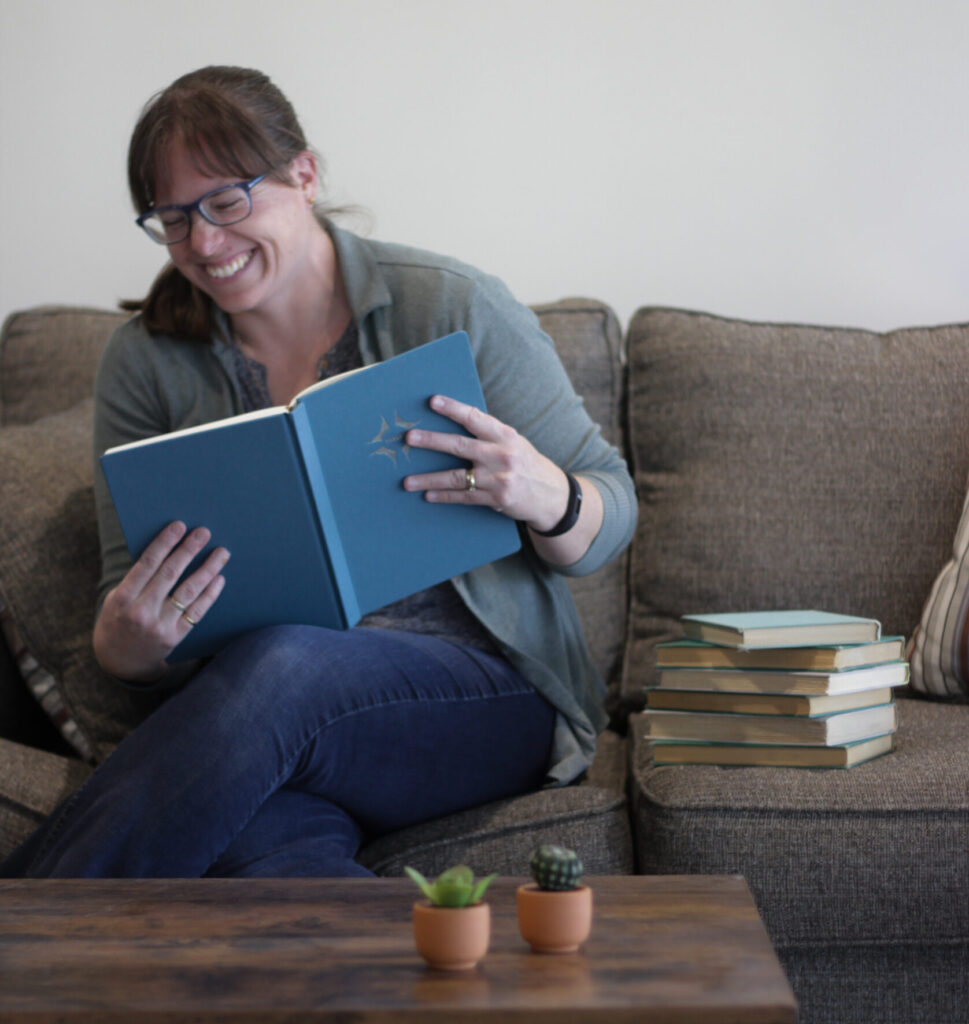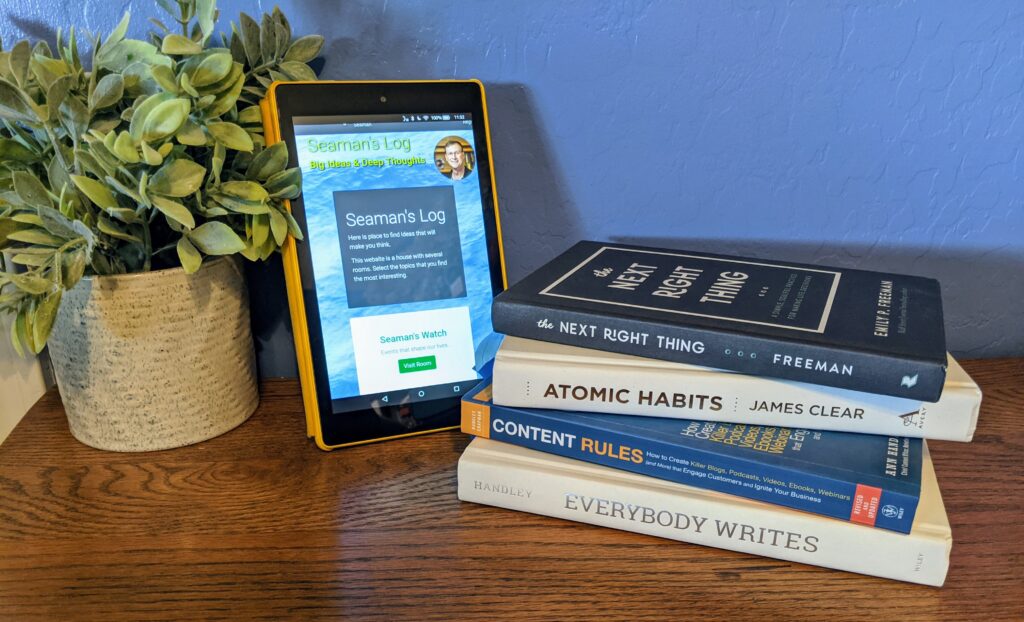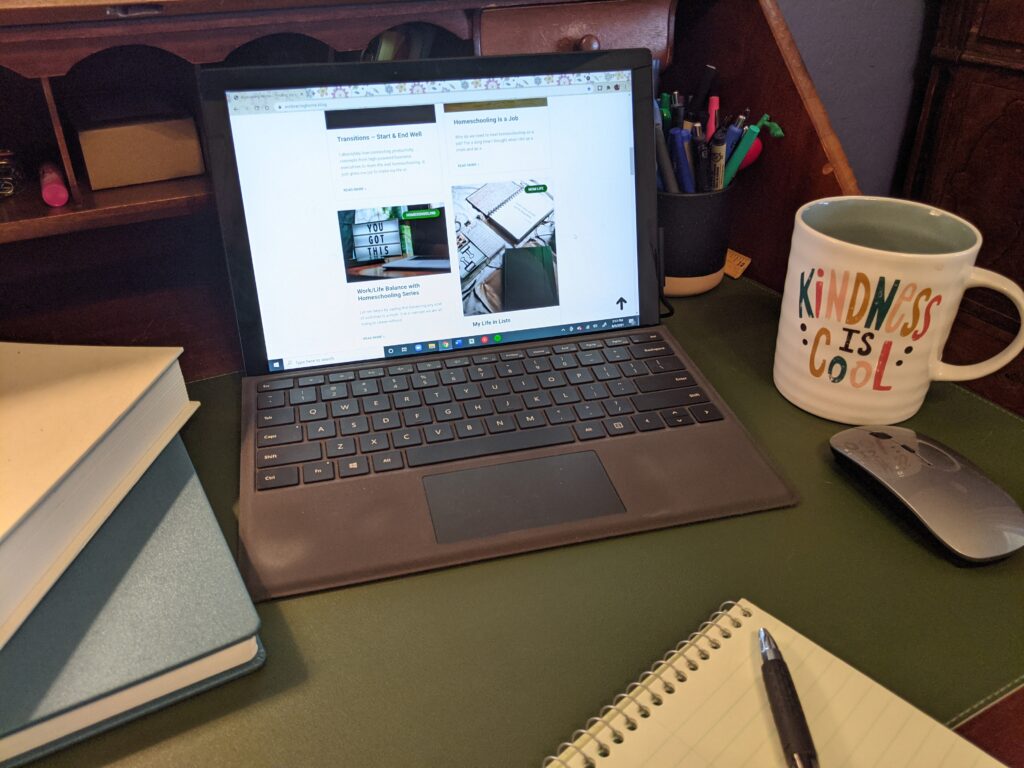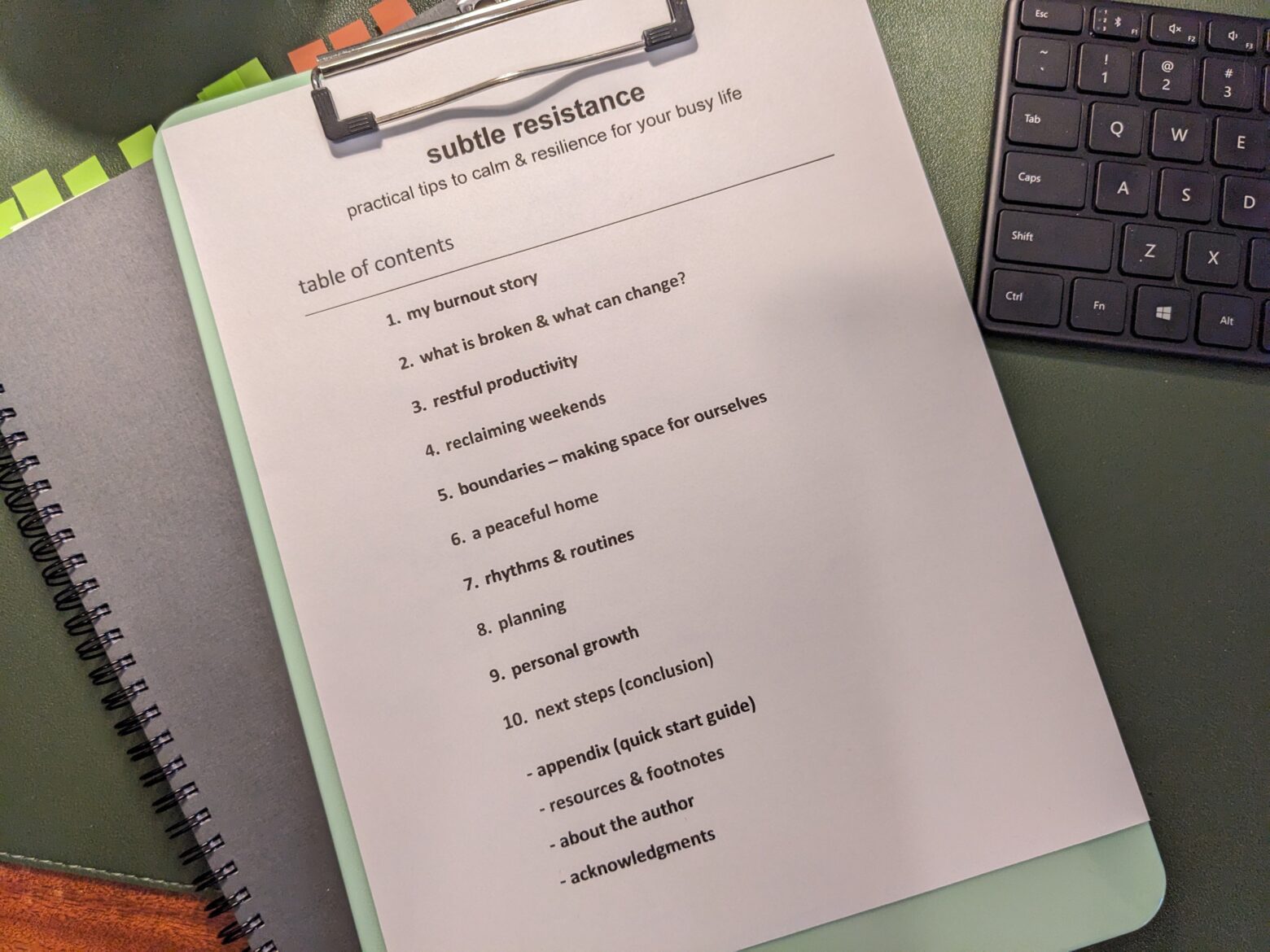My Simple Writing Tips
Writing has become a source of deep joy for me this year. I am able to share ideas, what I am learning, and tell my story. Most days it pours out of my fingers into a Word document. Or I am out on a walk and I end up talk-texting paragraphs into my Evernote app on my phone. I get inspiration and then the structure flows easily.
Other days it is more of a struggle. Those days I realize that I need to soak up inspiration by reading great content.
Whatever kind of day you are having, something here will be helpful to you. Here is my practical process that I follow for writing.

Practical Writing Help:
My favorite way to do new things is to see what works for others and then adapt that process for myself. So here is the nitty-gritty of how I get writing done right now. I am still a beginner at this whole thing so I am sure that my process will change over time.
But, there is value to sharing my humble beginnings with you all. Let me know if you have questions.
My #1 Rule – I will write often.
- Progress is more important than perfection.
- No matter what content is produced I will do one of these tasks every day.
- (All of the tasks listed below qualify as writing.)
- After each writing session I will notate in my notebook what I completed and what I hope to do next.
- This will give me an updated task list to keep going on projects and articles.
- Each day will look different depending on my time, my ability to think, the amount of interruptions, and how inspired I am. And that is okay. Progress is more important than perfection.
When: I get up early and have a very life-giving morning routine. I have about an hour (or more!) to myself before I am needed by my kids and the farm animals. I make my coffee, head into my office, and get one of these tasks done.
What Writing Looks Like for Me:
- Read & Gather information. Process ideas.
- read from my stack of writing inspiration books and take notes
- Take notes on webinars and YouTube videos.
- Here is one of my favorites – Nakisha Wynn
- Handwrite in my Commonplace notebook.
- Write the ideas of others in my notebook with my favorite pen – notes for books currently reading.
- Notes for books finished
- Review my ideas captured in my Evernote notebook.
- Use my Evernote notebook to trigger ideas for an article.
- Make notes for future articles or choose one to work on
- Write an article: Go through the writing process on one of my messy drafts.
- Write the words, share the ideas, type out all the things without the backspace button.
- Take the idea from an outline to a messy draft
- Finish an article: Do the finishing work to a draft.
- put completed article into Word Press.
- format, add photos, add links and check references

Hopefully, something in that over-thought-out process will be helpful to you. When I first started writing there was a lot of noise and confusion. I had to wade through the mess to find my process and what was important to me.
You can find your process too! You are worth it! Your voice matters! Sharing what is important to you can be so freeing and life-giving.
I am also an avid reader, someone who gathers information. I love consuming quality content via dusty books, well-produced YouTube videos, or freshly posted podcast. If you are feeling stuck, or your well of inspiration is dry, these resources are super helpful and inspiring.
Resources I Have Been Inspired By:
- Everybody Writes and Content Rules by Ann Handley
- On Writing by Stephen King
- Next Right Thing by Emily P. Freeman
- Atomic Habits by James Clear
- Blog: Mark Seaman’s blog – Awesome articles about writing
- Mara Eller– Classes, information, and practical support

Everybody Writes and Content Rules by Ann Handley. – I see Ann Handley as one of my writing mentors.
She has taken me by the hand and calmly lead me into practical steps of the writing process. Her material is friendly to read, to the point, and witty. My husband gave me the book Everybody Writes as a birthday gift. It was sweet and supportive. I devoured it immediately and purchased her other book Content Rules to read next.
On Writing by Stephen King – great read!
This book was recommended and referenced in Everybody Writes. This book is a fascinating look into the life of Stephen King in the form of childhood stories. The second half of the book is more focused on the application of writing but still very steep in story. My big takeaway from this book is how unique the writing process is for each of us.
The Next Right Thing by Emily P. Freeman – I feel like I reference her material every single post!
Emily P. Freeman became my outer voice of reason a few years ago. It started with her podcast, and her other books and now has come full circle with her book The Next Right Thing. Her podcast with the same name has shown me how to slow down and spend time on reflection. To break things down into manageable steps. To think about what is life-giving and what is draining. To make decisions with forethought and insight, not pressure and stress.
Atomic Habits by James Clear. – Excellent book and inspiring online articles.
This is the book where I learned how to just do one small thing to move my goals forward. I often get caught up with grand sweeping gestures and big leaps forward. “If I can’t spend 3 hours on it than it is not worth it!” But this is actually not how writing and real productivity habits work. I have learned that moving forward every day for just a few inches will get me much farther than the occasional leap. Writing often increases writing. It is not actually about what is produced but who you are becoming.
It is the same skills I learned running cross-country in High School. The distance does not actually matter, it is the act of putting on your running shoes, stretching, and heading out on the trail. James Clear took concepts that I have been applying my whole life and gave them words. He created a structure to follow that was logical and captivating. His story is remarkable and inspiring. The first line of the book had me hooked and I didn’t look up for an hour. I highly recommend this book if you enjoy learning about habits, productivity, or just being a useful human.
Mark Seaman’s blog – Awesome articles about writing.
This is my real-life writing mentor. My Uncle Mark is someone who I have always admired and hope to emulate. Talking with him in real life is always a special event for me. I learn something new from him no matter if it’s on Zoom, in a discussion over Greek food for dinner, or through his writing. His articles have helped me form my own process of writing.
My current favorites are Writing Workflow and Its Not About Output.
“How you tell your story reveals your innermost thoughts about yourself and the world around you. Do you recite the hurts that others have caused or do you celebrate the kindness of strangers? Practice telling your story and see what it reveals.”
– from Your Story Tells Who You Are.
Mara Eller – Classes, information, and practical support
I took a 7-week Zoom Class through Hope*Writers called “Writing Craft: The Nuts and Bolts of Writing“. Mara was our capable and brave instructor. She was informative, kind, and practical. I feel more equipped to communicate effectively because of her leadership.
Some articles on her blog that are my favorite are:
- Start Small and Think It Through: Creating Habits that Stick
- and Passion, Purpose, and the Painful Journey of Becoming: Thoughts on Calling
- Her classes full of great information and help: https://www.maraeller.com/classes


Questions to Think About:
- Do you enjoy writing? Would you call yourself a writer?
- Maybe writing is something that you want to start. – What is your first step?
- Where is the one place where you will start collecting notes, thoughts, and ideas?
- A specific journal, a file of Word documents, talk-texted notes in Evernote, in a cheap spiral notebook?
- If you are reading this article it tells me that writing is something that interests you.
- What draws you to writing? Is it sharing ideas? Is it telling a story?
- Do you have characters and settings that you build quietly in your head?
- What would you talk about if you had a captive audience for an hour?
- Where do you go for inspiration? Is it You Tube, Instagram, podcasts, or a stack of books?
- Who can you choose to be your writing mentor to gather ideas from and learn new ways of productivity?


Before I could write actual real paragraphs about something that mattered to me I had to collect ideas, read the ideas of others, and process lots of thoughts. I spent 2 years quietly writing in a notebook before I was willing to show anything to anyone. And that is okay. All that time was preparation for the season of writing I am in right now.
No matter what stage you are at in becoming a writer, keep moving forward!
You can pretend that I am your big sister cheering you on from the sidelines.
You got this!!
📝Happy Writing! – April

Writing is layered and difficult. There are so many pieces to starting something new and making space for creativity.
Here are some articles to help:
- This article will help you if you are stuck and not sure how to get started with writing.
- See this article for how I make space for my writing:
You are ready to share your message, you have made space for writing… now what next?
- What if the words don’t just flow onto the page like you had hoped?
- I have learned that my energy and my time are the most valuable assets for me to keep an eye on.
- Or maybe you need space in your household duties.
- More on the basics of energy levels and how I use them in my home: 5 Energy Levels in Homemaking.
-
What is “Subtle Resistance”?
When we are surrounded by specific norms, we no longer see them as optional but as “the way life is”. I want to challenge a few of those… Let’s jump right in! Here is how I define these words in the beginning pages of my book: subtle – (adj.) nuanced, delicate, skillful, laid back (verb)……
-
6 Quick Tips for Planning Weekend Trips
How to plan your Weekend RV/Camping Trips so that they actually happen.🙂 In our family, we want weekend RV trips to occur frequently. But this takes some planning and some intention. Weekends away do not magically appear (nor does the budget to pay for campsites, or time to pack). I have discovered there are specific……


